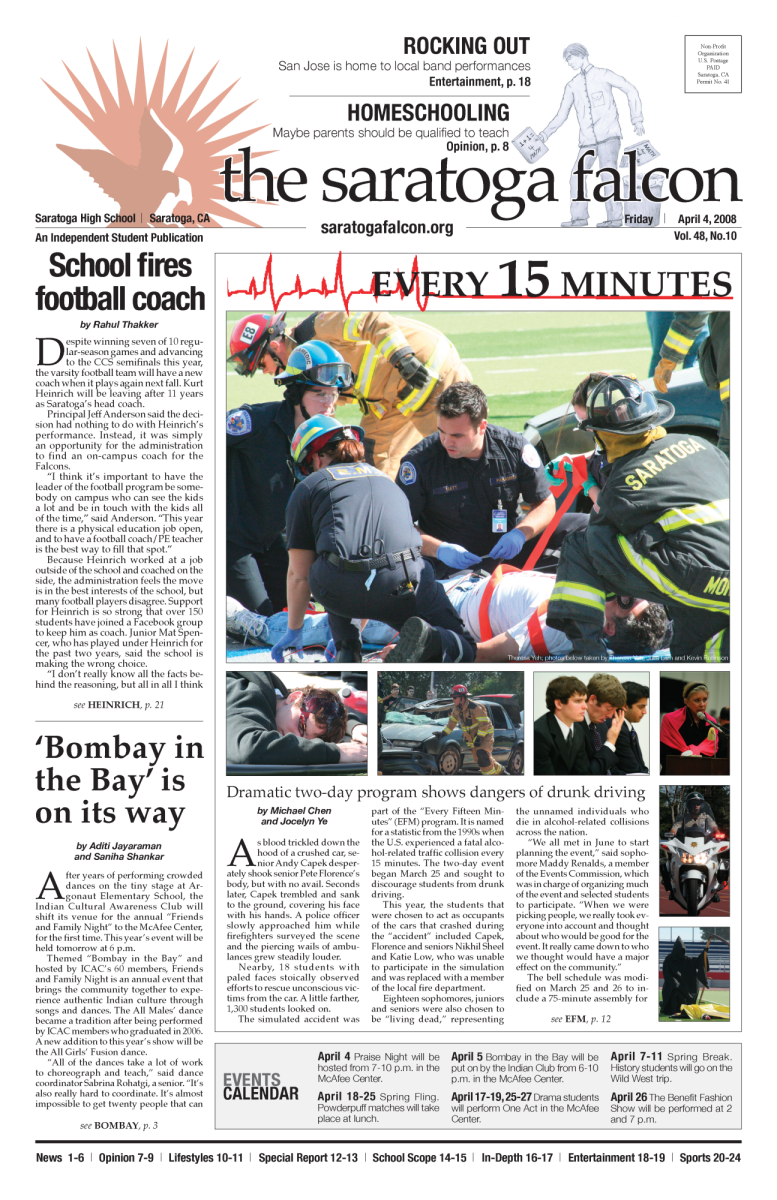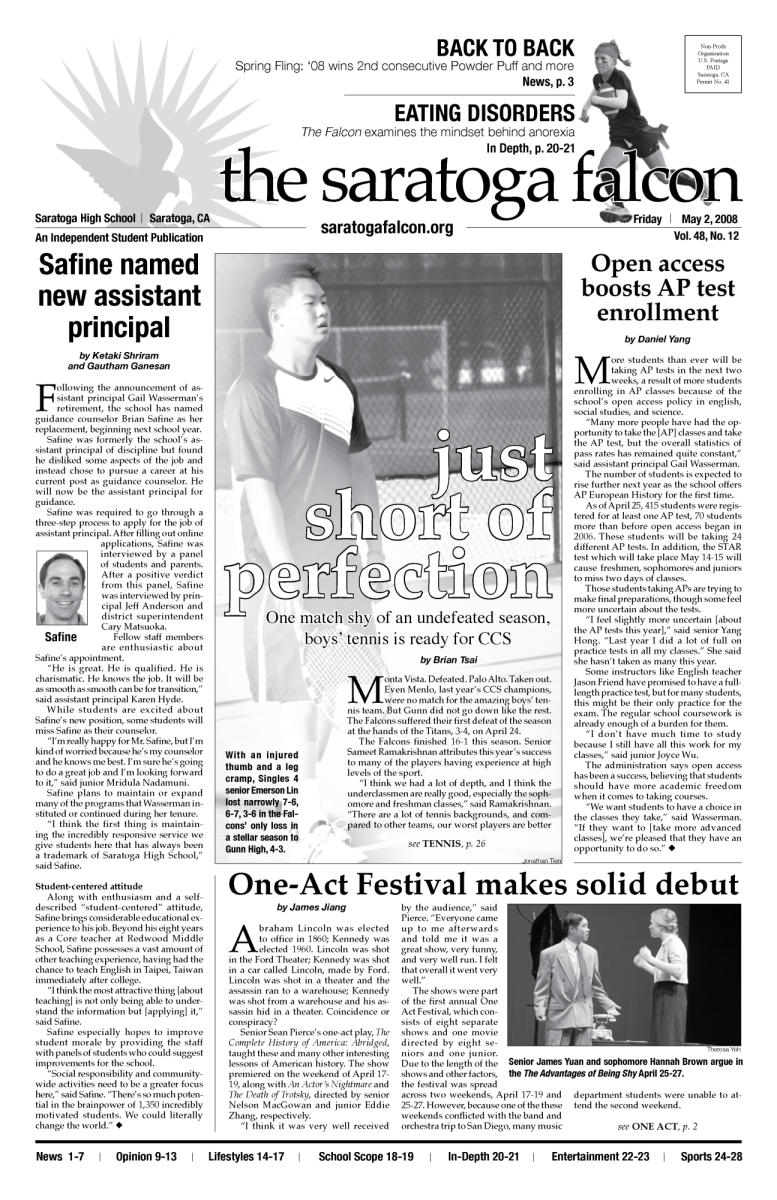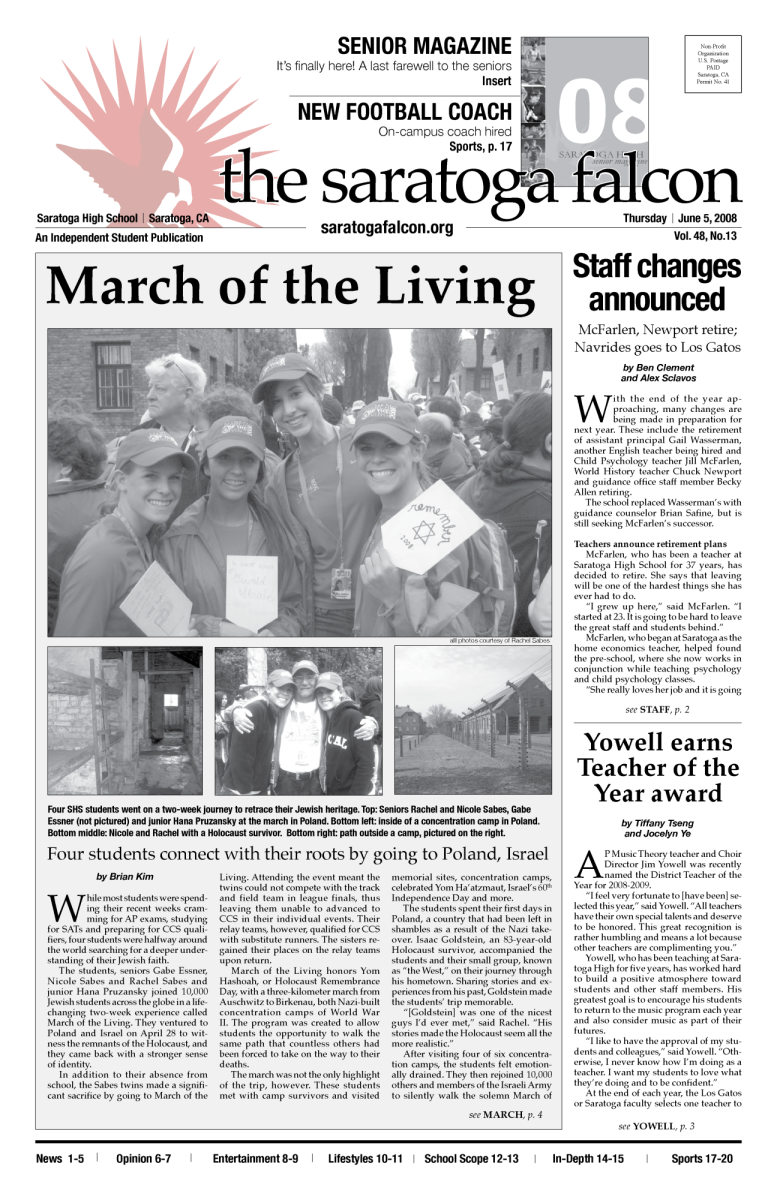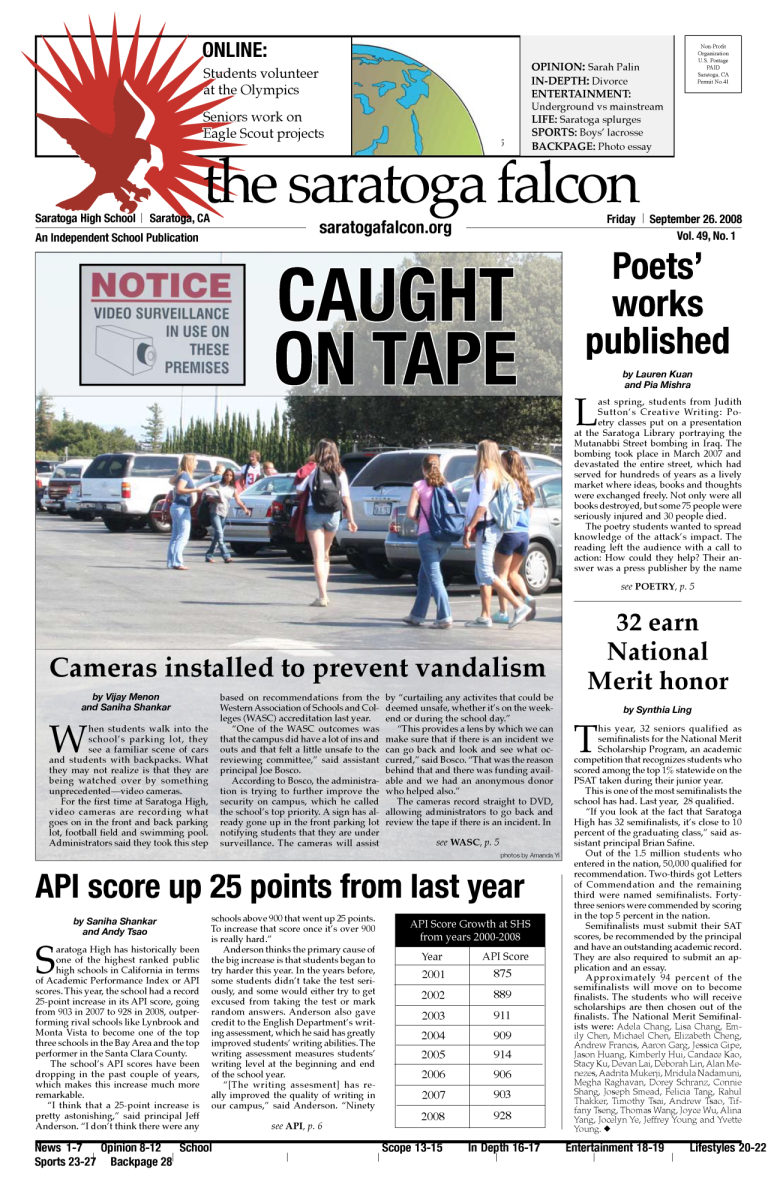Janice Bobholz, an employee for the state of Wisconsin, chose to work in the public sector, though the private sector offered better pay, because of the rights being in a union afforded her.
“The right to join a union and collectively bargain is a freedom that people have died to protect. To have anyone threaten to wipe it away with minimal public debate, deliberation or discussion is unconscionable,” said Bobholz to the Huffington Post. Bobholz is one of the thousands of individuals affected by Wisconsin’s new legislation that ends to right of most public employees to bargain collectively.
Wisconsin Gov. Scott Walker signed a bill into law to increase the premiums Wisconsin’s public employees pay for health-insurance and pensions on March 9. Not only will this plan cut the workers’ take-home pay by 7 percent, it also intends to cripple collective bargaining rights, reducing the majority of public-sector unions to basic wage discussions. The movement has caught the attention of several other Republican governors, with Ohio’s Senate Bill 5 looking to have a similar impact on state employees.
The main issue rests not necessarily with the reduced wages, though those are questionable. Raising prices for plans for Union members will not actually assist taxpayers, as, according to Rick Ungar of Forbes Magazine, the employees already pay for 100 percent of the contributions. Walker is simply cutting their pay, though he is simultaneously pushing tax cuts for business and a law imposing restrictions on hiking taxes.
In fact, a week before signing the bill into law, Walker himself admitted that Wisconsin was not in the midst of a financial crisis. Walker used finances as a mere excuse for severely limiting union power.
Over the past several decades union membership has generally been on the decline, yet a steady one-third of public workers are affiliated with a union, according to the New Yorker. Public sector unions have proudly clung to the political influence they possess. However, frequent support of the Democratic party, such as in the 2008 election through campaign contributions, has contributed to Republican disdain for unions.
Walker’s partisan priorities are limpid; in a statement released after the senate vote he said, “The action today will help ensure Wisconsin has a business climate that allows the private sector to create 250,000 new jobs.”
Walker’s actions reek of irony, given that Wisconsin was the first state to grant public workers union rights. However, the impact of his actions are not limited to his state. Should the bill remain in place, it will impact the public sector on a national level, setting an undesirable, unfair precedent for future governors to look to.
Union rights provide public sector employees a voice as big businesses increasingly pay heed to their own interests. While business can essentially buy political power through campaign contributions and other, similar monetary means, unions depend on their collective voice to impact their own salaries and policies.
Walker’s far-right impositions on the rights of unions unfairly cripple the voices of Wisconsin’s state employees, driving a stake through the “workplace democracy” afforded by the unions. Unions must be protected to keep states focused on average citizens, not simply wealthy corporate interests.



























